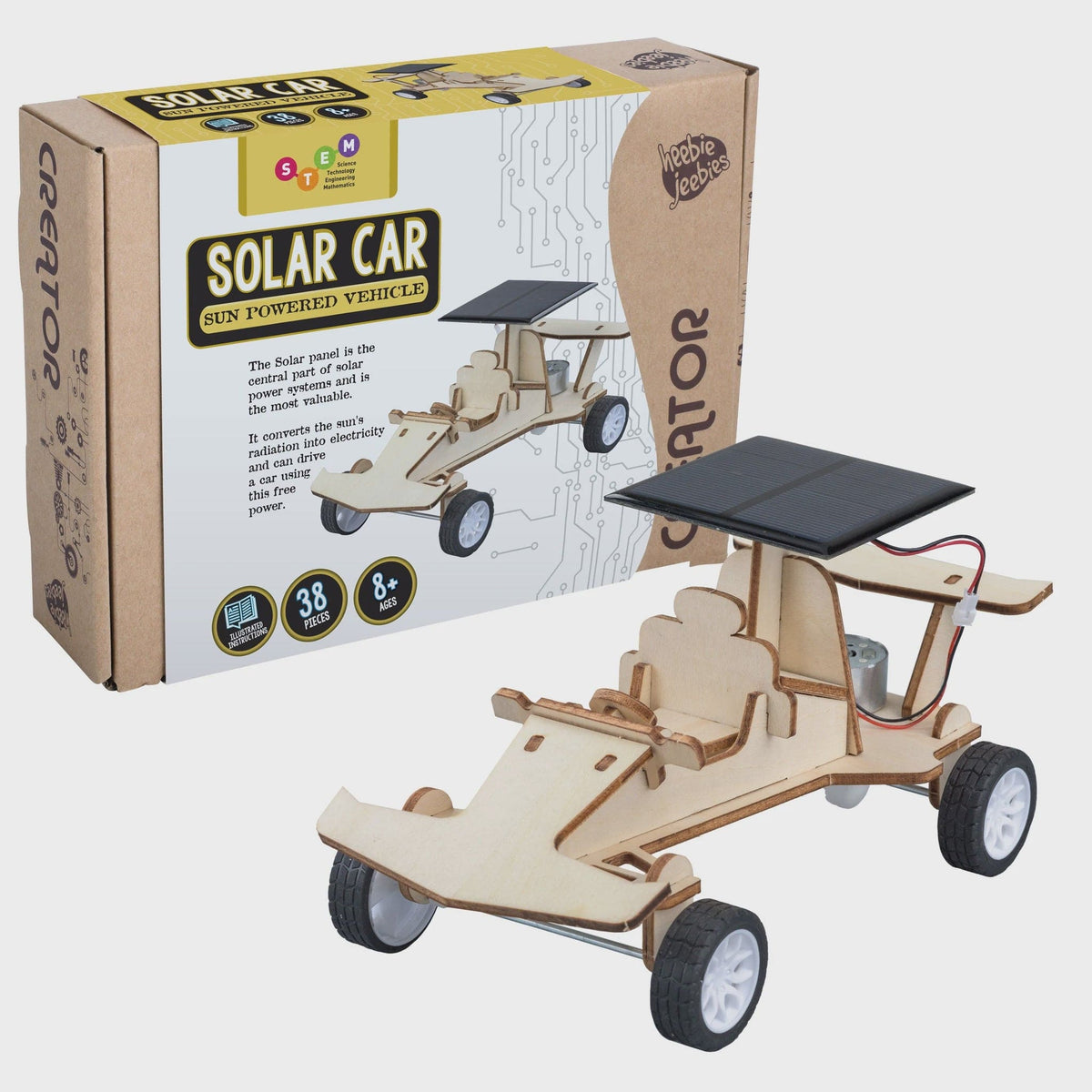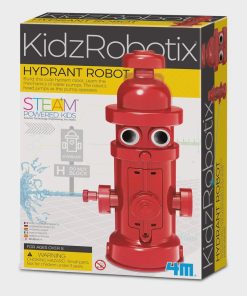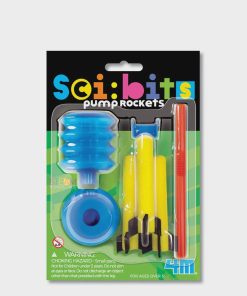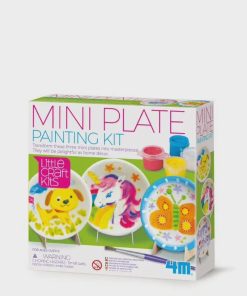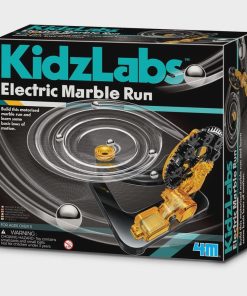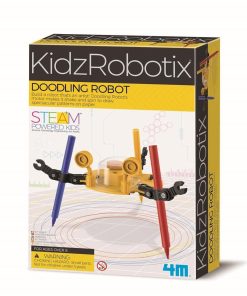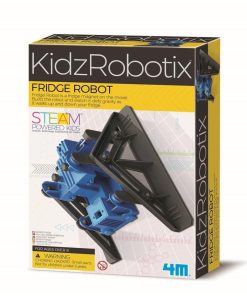Creator | Wood Kit | Solar Car heebie jeebies
$ 29,99 $ 17,99
This solar race car experiment kit is a great STEM hands-on learning experience. The kit comes with everything you need to develop and apply the principles of basic physics, mechanics, and solar energy while also developing critical thinking and problem-solving skills.
The solar panel is the central part of solar power systems and is the most valuable. It converts the sun’s radiation into electricity and can drive a car using this free power.
The most commonly seen application of solar energy collection outside large-scale agriculture is solar water heating systems. We are seeing these panels more commonly on the roofs of suburban homes, where people are hoping to lessen their carbon footprint and save money on their electricity bills. The term solar panel is used colloquially for a photo-voltaic (PV) module. A PV module is a framework to which an assembly of photo-voltaic cells are mounted for installation – hence solar panel. PV cells generate direct current electricity, after gathering sunlight as the
energy source. A group of PV modules is called a PV panel, and a system of panels is an array.
When sunlight protons hit PV cells, they excite the electrons and allow them to flow, creating an electric current, that can be stored for later use or sent directly to power homes, businesses, agriculture or cars. PV cells are made of materials such as silicon and alloys of indium, gallium and nitrogen. These materials are classified as
semiconductors.
*43 pieces
*Illustrated instructions
*Motor kit, solar panel, axles, wheels, strips and hardware
*CHOKING HAZARD: Contains small parts. Not for children under 3
years. Ages 8 years +
Barcode: 9341570118926
Fast Shipping and Professional Packaging
We have a range of shipping options due to our long-term partnership with UPS FedEx DHL. Our warehouse employees will pack each item according to our strict requirements. Your goods are thoroughly checked and secured properly prior to shipping. We deliver to thousands of customers each day from multiple countries. This shows how we're dedicated to being the largest retailer on the internet. There are distribution centers as well as warehouses located in Europe and in the USA.
It is important to note that orders with more than one item will be processed according to the item.
Before shipping, we will examine thoroughly the items you've ordered. Most orders are delivered within 48 hours. Expected delivery time is between 3 and 7 days.
Returns
The inventory is constantly changing and we do not completely manage it because of the fact that multiple parties are involved, including our warehouse and factory. So the actual stock may alter at any time. Be aware that it's possible for your order to run out of stock even after you have made the order.
Our policy runs for a period of 30 days. If 30 days have passed since you purchased your item, we cannot give you a refund or exchange.
The item must not be used and in the original packaging. The item must be in its original packaging.
